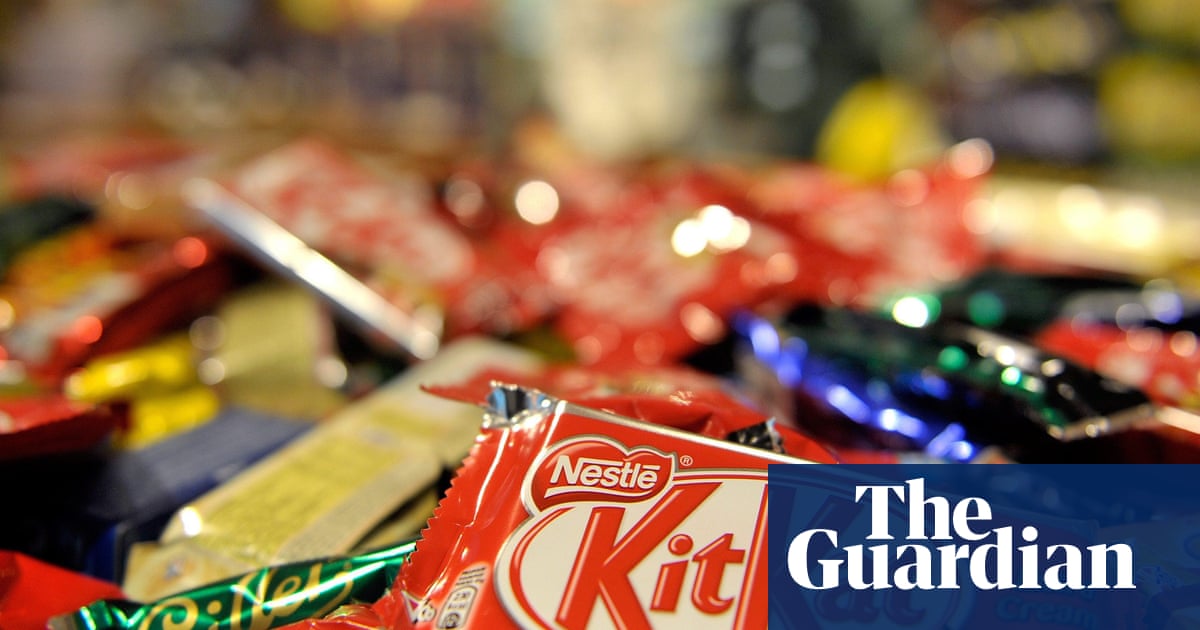Millions of meals worth of wasted food could be redistributed thanks to an artificial intelligence tool being trialled by companies across the UK, includingNestlé.
The AI tool, which has already generated an 87% reduction in edible food waste at one of the Swiss conglomerate’s factories over its first two-week trial period, is intended to “design out” food waste by providing real-time monitoring, tracking and insights of wasted ingredients and products.
Under the pilot scheme, Nestlé said that up to 700 tonnes of qualitysurplus food– the equivalent of up to 1.5 million meals – could be saved. The trial is also estimated to prevent up to 1,400 tonnes of CO2 being emitted, helping to save up to £14m in running costs.
Alina Sartogo, one of the co-founders of Zest, which developed the tool, said all the food waste it identified was edible, but not sellable at a profit for the manufacturers. For example, the waste might include a broken KitKat bar, or a product with an expiry date that’s too short to sell on to retailers.
The Zest software could be expanded across the food supply chain on a subscription basis by March next year, following a series of pilots with different manufacturers.
A second pilot with Nestlé has recently been launched after receiving funding from the government agency Innovate UK’sBridgeAIscheme, which provides a £1.9m match-funded grant for AI projects.
Esra Kasapoglu, director of AI and data economy at the agency, said the project represented a“solution that aims to transform food sourcing and distribution across the UK, cutting waste, reducing carbon emissions, and lowering costs”.
About4.6m tonnesof edible food, equivalent to 10bn meals of food, is wasted in the UK each year.
Simon Millard, director of food at the charity FareShare, said the technology would“make a huge difference” to its work to redistribute food to more than 8,000 charities and community groups across the UK.
Sign up toBusiness Today
Get set for the working day – we'll point you to all the business news and analysis you need every morning
after newsletter promotion
For the latest pilot, Sustainable Ventures, which supports climate startups, has brought together several companies, including Nestlé; the machine learning-based logistics system provider Bristol Superlight, Howard Tenens Logistics, the supply chain management system FuturePlus, FareShare, and Google Cloud’s BigQuery and Vertex AI platform.
